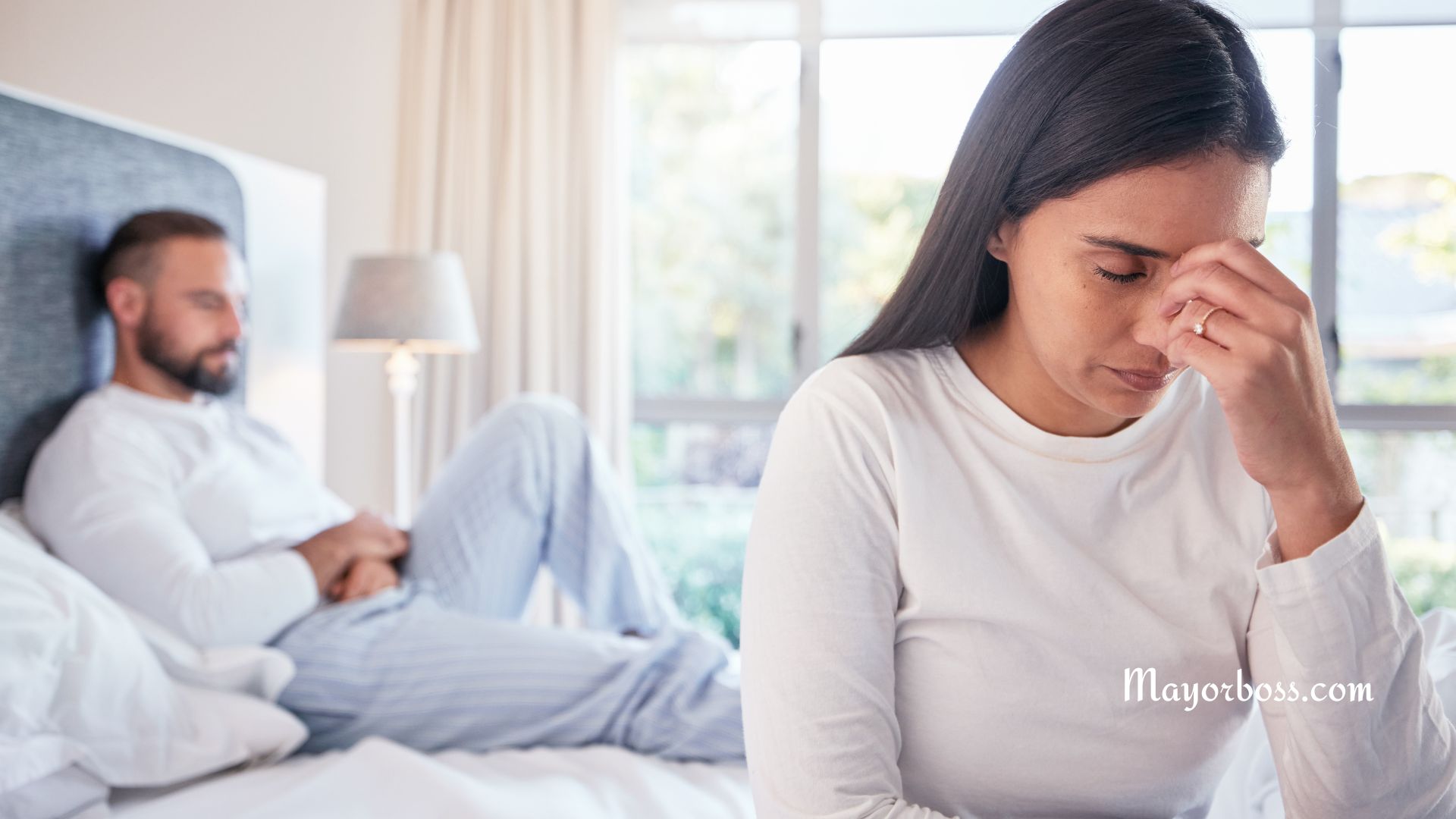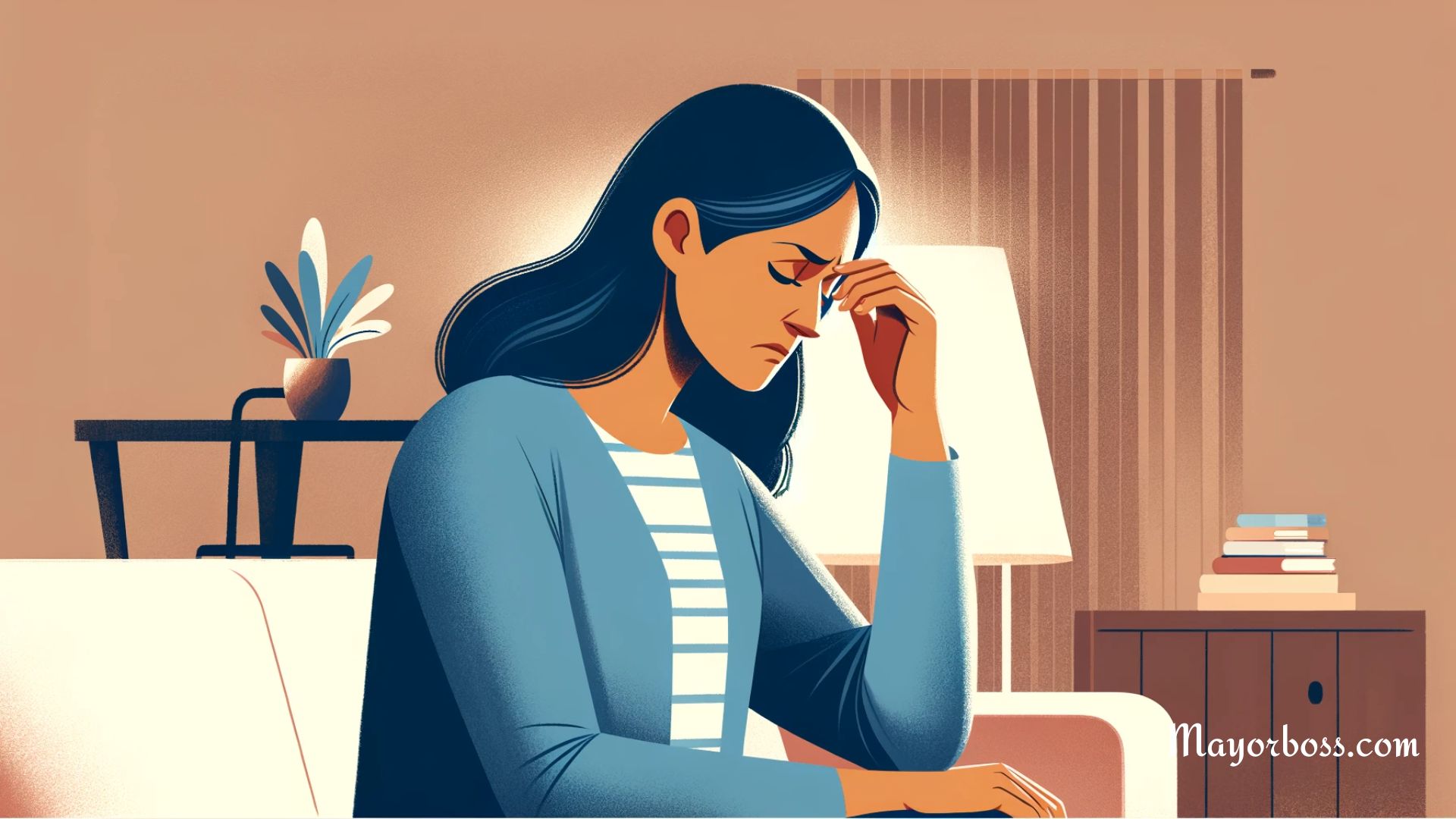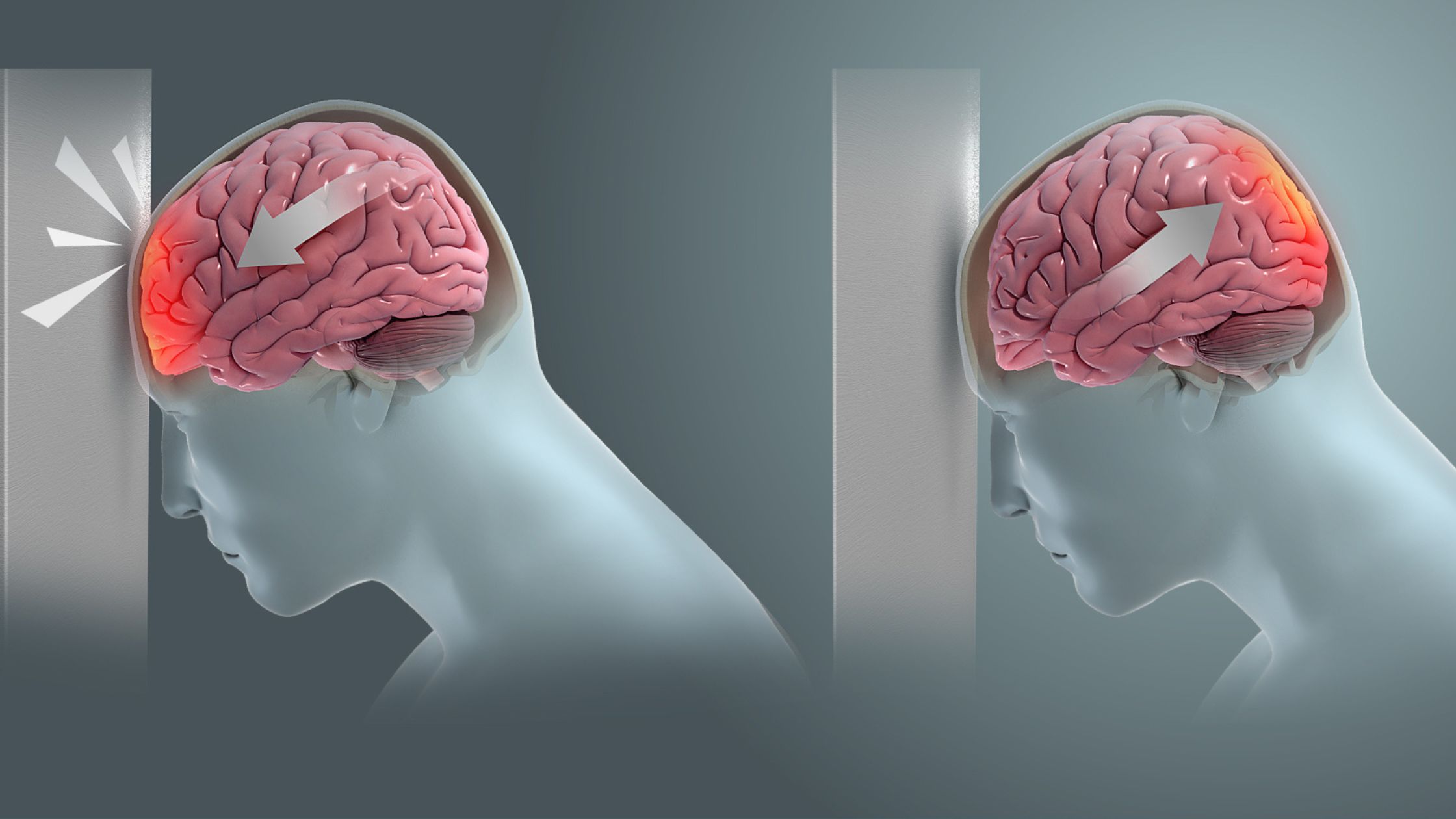4 Causes of Anxiety
Anxiety is a feeling we’re all too familiar with. It’s that gnawing unease, the tension in your chest, or the racing thoughts that keep you up at night. But what causes anxiety, and how can we get a grip on it? In this article, we’ll explore the many factors contributing to anxiety and provide you with the tools you need to understand and manage it. Keep reading to uncover the hidden triggers that may be causing your anxiety.
1. The Biology of Anxiety
Anxiety is not just a state of mind; it’s rooted in our biology. Our brain chemistry, genetics, and hormones all play a role in how we experience anxiety. To understand why anxiety occurs, we need to take a closer look at these biological factors.
Brain Chemistry
Anxiety can be linked to an imbalance of some neurotransmitters, such as serotonin, dopamine, and norepinephrine. These chemicals are responsible for regulating mood, motivation, and stress response. When there’s an imbalance, it can lead to feelings of anxiety or depression.
Genetics
If someone in your family has struggled with anxiety, there’s a chance you may be more susceptible to it as well. Research suggests that genetics can play a role in the development of anxiety disorders, making some individuals more predisposed to experiencing anxiety.
Hormones
Hormonal fluctuations, such as those experienced during the menstrual cycle, pregnancy, or menopause, can also contribute to feelings of anxiety. Changes in hormone levels can affect neurotransmitter production and increase the risk of anxiety.
2. Environmental Factors
Our environment can have a significant impact on our mental health, including the development of anxiety. Let’s dive into some of the most common environmental triggers.
Stressful Life Events
Major life changes, such as moving, losing a job, or experiencing a traumatic event, can cause anxiety. These events can create feelings of uncertainty and overwhelm, leading to heightened anxiety levels.
Social Pressure
Peer pressure and societal expectations can also contribute to anxiety. Fear of judgment or rejection can create anxiety, especially in social situations. This type of anxiety is common in social anxiety disorder.
3. Lifestyle and Behavioral Factors
Our daily habits and behaviors can either help manage anxiety or contribute to its development. Here are some common lifestyle factors that can influence anxiety levels.
Social media
In today’s digital age, social media has become an integral part of our lives. While it offers many benefits, such as staying connected with friends and family, it can also contribute to increased feelings of anxiety for some individuals.
- Comparison and Self-Esteem: One of the primary ways social media can fuel anxiety is through comparison. Scrolling through endless streams of perfectly curated images and posts can lead to feelings of inadequacy and lowered self-esteem. This constant comparison can make us feel like we do not measure up, causing heightened anxiety levels.
- Fear of Missing Out (FOMO): FOMO, or the fear of missing out, is another anxiety-inducing aspect of social media. Seeing others enjoying events or experiences that we’re not a part of can create a sense of exclusion and anxiety. This fear can lead to compulsive checking of social media, further worsening anxiety.
- Cyberbullying. The anonymity of social media can also contribute to the prevalence of cyberbullying. Experiencing or witnessing online harassment can lead to increased feelings of anxiety, depression, and isolation.
- Negative news. Social media news outlets often focus on sensational stories and negative events to grab the audience’s attention. This negative news affects our anxiety levels through emotional contagion, which is the phenomenon of “catching” emotions from others. When we’re exposed to distressing stories or images, we may feel anxious, sad, or fearful in response to the emotions conveyed in the news.
Sleep
Lack of sleep or poor sleep quality can have a significant impact on your mental health. Inadequate sleep has been linked to increased anxiety levels, as it disrupts the balance of neurotransmitters in your brain.
Diet and Exercise
A poor diet and lack of exercise can cause anxiety. A diet high in processed foods and low in essential nutrients can negatively affect brain chemistry, while regular physical activity has been shown to help reduce anxiety by releasing feel-good endorphins.
4. Medications or Drugs
While some medications and drugs can help manage anxiety, others may inadvertently contribute to increased anxiety levels. It’s essential to be aware of the potential side effects of medications or drugs you are taking and to consult with a healthcare professional if you experience increased anxiety.
Prescription Medications
Some prescription medications can cause anxiety as a side effect. Some examples include:
- Corticosteroids: These medications, often prescribed for inflammatory conditions, can cause mood changes, including anxiety and irritability.
- ADHD medications: Stimulant medications used to treat attention deficit hyperactivity disorder (ADHD) can sometimes cause anxiety as they increase the levels of dopamine and norepinephrine in the brain.
- Hormonal medications: Contraceptives or hormone replacement therapy can cause mood changes, including anxiety, due to fluctuations in hormone levels.
If you suspect your prescription medication is causing anxiety, consult with your healthcare provider to discuss potential alternatives or adjustments to your treatment plan.
Over-the-Counter Medications
Some over-the-counter (OTC) medications and supplements can also contribute to anxiety, such as:
- Caffeine: Consuming excessive amounts of caffeine from OTC medications, energy drinks, coffee, or tea can increase anxiety, nervousness, and jitteriness.
- Decongestants: OTC decongestants containing pseudoephedrine or phenylephrine can cause anxiety and restlessness as a side effect, as they stimulate the nervous system.
Recreational Drugs
Certain recreational drugs can also cause or aggravate anxiety, including:
- Alcohol: While alcohol may temporarily alleviate anxiety, it can also increase anxiety levels in the long term. Alcohol disrupts the balance of neurotransmitters in the brain, potentially worsening anxiety symptoms.
- Stimulants: Drugs like cocaine, amphetamines, or methamphetamine can cause anxiety by overstimulating the nervous system and increasing the release of stress hormones.
- Cannabis: While some individuals may experience anxiety relief from cannabis, others can experience heightened anxiety or panic attacks, particularly with high-THC strains.
Managing Anxiety
Understanding the reasons for anxiety is the first step in managing it. By identifying your personal triggers, you can take control of your anxiety and work towards a healthier, happier life. Speak with a mental health professional to create a tailored plan that addresses your unique needs and helps you navigate your anxiety journey.
Therapy and Counseling
Psychotherapy, such as cognitive-behavioral therapy (CBT) or exposure therapy, can be highly effective in addressing the root causes of anxiety and teaching coping mechanisms. A mental health professional can help you develop strategies to manage your anxiety and build resilience.
Medication
In some cases, medication may be prescribed to help manage anxiety. Antidepressants, anti-anxiety medications, or beta-blockers may be used to help regulate brain chemistry and alleviate symptoms. It’s essential to work with a healthcare provider to determine the best treatment plan for your specific needs.
Mindfulness and Relaxation Techniques
Incorporating mindfulness and relaxation techniques, like deep breathing, meditation, or progressive muscle relaxation, can help ease anxiety by promoting a sense of calm and well-being.
Social Support
Building a strong support network is crucial for managing anxiety. Reach out to friends, family, or support groups to share your feelings and experiences. Connecting with others who understand your struggles can help you feel less isolated and more empowered to face your anxiety.
Wrapping Up
Anxiety is a complex emotion with various causes, ranging from biological factors to environmental and lifestyle triggers. By comprehending the potential sources of your anxiety, you can take the necessary steps to address and manage it. Remember, you don’t have to face anxiety alone; seek support from professionals and loved ones to help you on your journey toward a more balanced, anxiety-free life.






